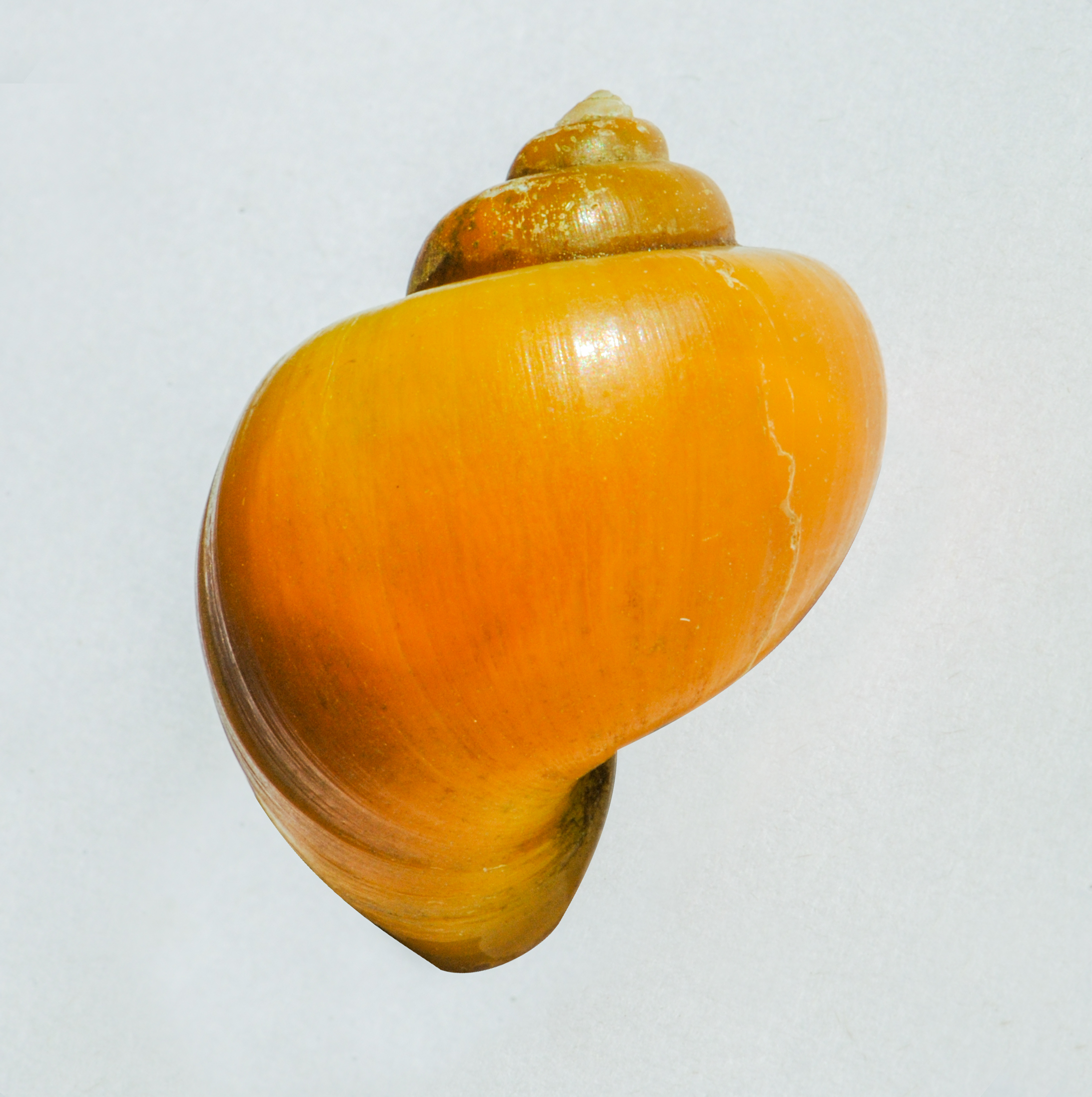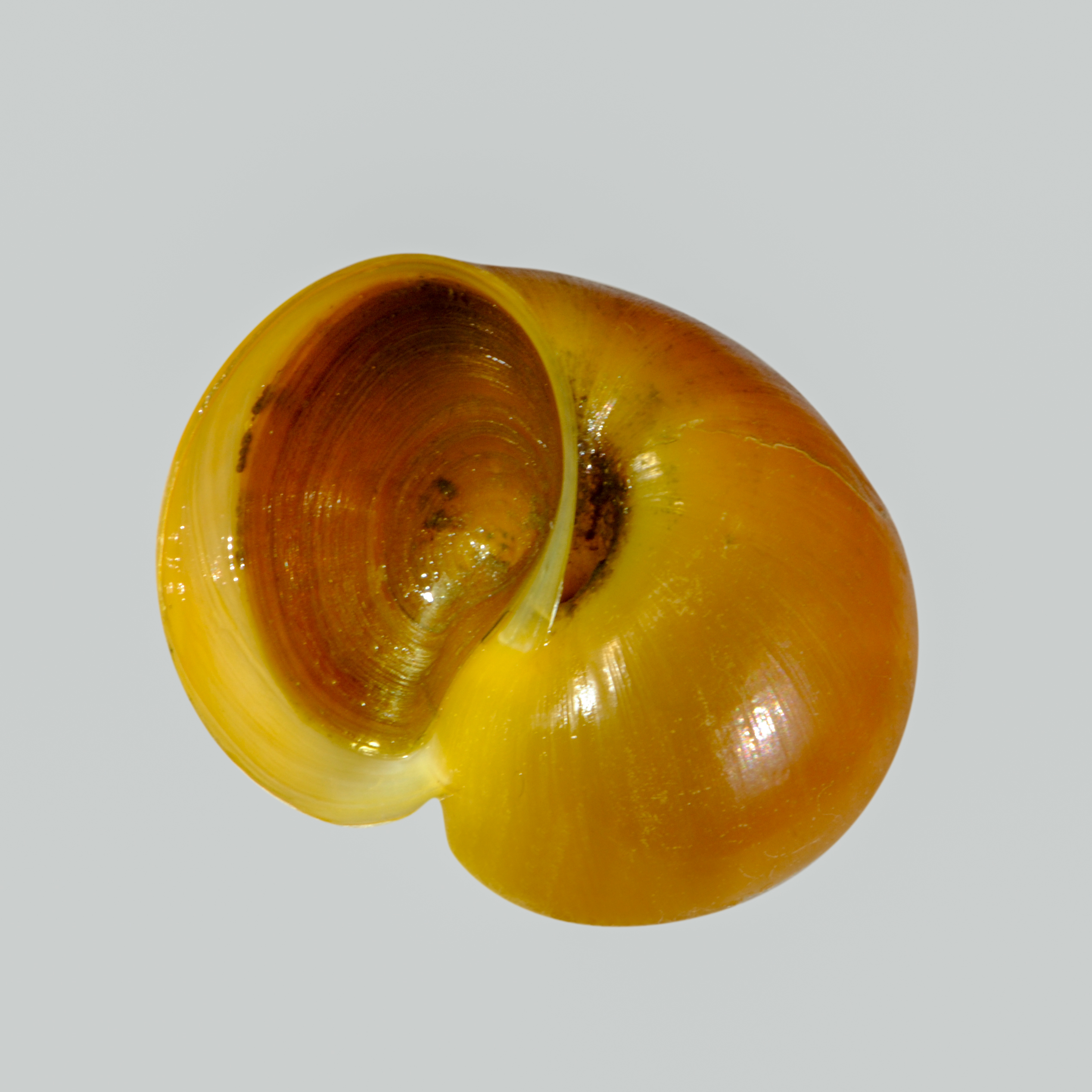 Mangalore, May 9: An international team of wildlife biologists based out of Mumbai, Karnataka and Scotland, in the UK, have discovered a breeding population of the exotic South American Apple Snail, Pomacea diffusa, in the waters of Mumbai. Popularly known as the Spike-topped Apple Snail, its discovery was a part of their ongoing research on urban wildlife and the ecology of introduced species in the Mumbai region. The landmark study is funded by Scotland based conservation organisation ‘Caledonian Conservation Ltd.’
Mangalore, May 9: An international team of wildlife biologists based out of Mumbai, Karnataka and Scotland, in the UK, have discovered a breeding population of the exotic South American Apple Snail, Pomacea diffusa, in the waters of Mumbai. Popularly known as the Spike-topped Apple Snail, its discovery was a part of their ongoing research on urban wildlife and the ecology of introduced species in the Mumbai region. The landmark study is funded by Scotland based conservation organisation ‘Caledonian Conservation Ltd.’
The discovery was published in the October-December 2020 issue of 'ELA Journal of Forestry and Wildlife', a peer reviewed science journal, which is also the official journal of the Maharashtra State Forest Department. The study team was steered by the principal author and lead researcher, Javed Ahmed, naturalist, ecologist and arachnologist, in collaboration with Scotland based wildlife biologist Chris Cathrine; Moodabidri based environmentalist and surgeon, Dr. Krishna Mohan; naturalist, arachnologist and landrace dog expert, Rajashree Khalap and wildlife photographer and researcher, Bhushan Jadhav. Javed Ahmed, along with his colleagues, Dr. Krishna Mohan and Rajashree Khalap, has earlier also discovered several new species of spiders in the country.
“Prevalence of Spike-topped Apple Snails in Mumbai and other parts of India are the direct result of the aquarium trade, either as accidental or deliberate releases from home aquaria. However, compared to other snails in the genus Pomacea, which are native to South America, they are not dangerously invasive and are generally considered harmless,” said Dr. Krishna Mohan, who co-authored the paper.

Significance of the Study and the Need to Regulate Aquarium Trade
The discovery of this foreign species of snail raises several issues of concern to the native ecology. Though Spike-topped Apple Snails are considered to be harmless, the same is not true of other species which are known to proliferate through the aquarium trade. “Other species of apple snails in the genus Pomacea also make their way into the aquarium trade. One such species, Pomacea caniculata, popularly known as the Channeled Apple Snail, is particularly troublesome as it has a voracious appetite for aquatic vegetation. If established locally, Channeled Apple Snails can wreak havoc on riceland ecosystems. In India agriculture is the primary source of livelihood for about 58% of the population. Hence they can be extremely destructive to the economy. They also prey on amphibian eggs and can greatly damage native aquatic ecosystems,” says Javed Ahmed.
Adds Dr. Krishna Mohan: “Though the Channeled Apple Snail is yet to show up in our waterways, the discovery of Spike-topped Apple Snails does highlight the very important concern to regulate the global aquarium trade and promote responsible aquarium culture. The aquarium trade in India needs to be closely monitored and wisely regulated to prevent any future potential ecological disasters due to the introduction of dangerously invasive species.”
Aquarium hobby is not in itself bad for the environment or the economy. Well maintained aquariums can offer an excellent window into the hidden world and the secret lives of aquatic organisms. The export and import of ornamental fish, plants and aquatic invertebrates for the aquarium trade is an important source of income for India's developing economy and it generates livelihood for local communities. There are several examples of fish, which are critically endangered in nature, yet thrive in aquariums. Two such examples are the White-cloud Mountain Minnow and the Red-tailed Shark. Both are critically endangered in their countries of origin, China and Thailand respectively.
However, those who keep aquariums should be responsible and take legal and ethical concerns into account, says Dr. Krishna Mohan. “If you keep fish and other aquatic organisms, it is important to be a responsible hobbyist. Ensure that the fish, plants and aquatic invertebrates are captive bred, legally and ethically sourced. Always strive to emulate natural conditions. Do not sell, acquire or keep endangered or protected species and do not release exotic fish, plants, and invertebrates in local water bodies,” he says.
Photos: © Rajashree Khalap, for 'The Urban Bestiary Project'
